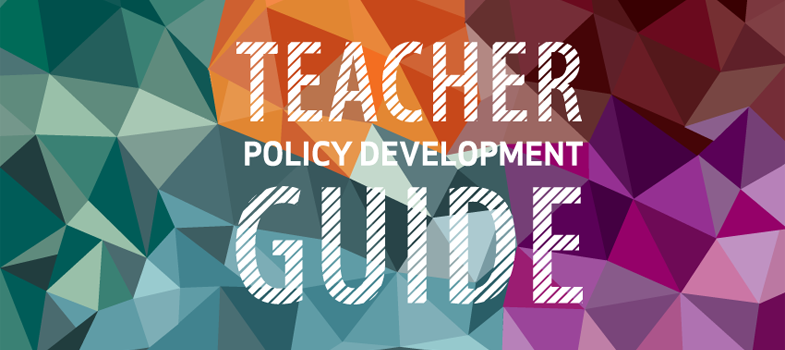2.3.6 International Labour Organisation (ILO)
The ILO developed and published a Handbook of good human resource practices in the teaching profession (http://www.ilo.org/ sector/ Resources/ publications/ WCMS_187793/ lang--en/ index.htm [Tip: hold Ctrl and click a link to open it in a new tab. (Hide tip)] ). The Handbook contains eight modules dealing with the major issues education authorities need to address to establish and maintain a high-quality teaching profession. The contents are based on international standards specific to teachers, international labour standards applicable to professional workers (such as teachers), and good practice and principles derived from contemporary human resource management and development from a wide range of countries and organizations.
The Handbook covers:
- Recruitment and employment of teachers, including professional competences
- Conditions of employment, including staff leave conditions and career development
- Professional roles, responsibilities and accountability of teachers
- Teaching/learning and work environment, including hours of work and workload, class size and PTRs, and health and safety issues
- Policies related to and management of teacher rewards, salaries and incentives
- Teachers’ social security
- Social dialogue and labour relations within the teaching profession
- Initial and further teacher education and training as part of lifelong professional development.
An index contains an alphabetical listing of hundreds of key words and phrases that allows users to access the module(s) for that subject.
The ILO has also produced the ILO Policy Guidelines on the promotion of decent work for early childhood education personnel (http://www.ilo.org/ sector/ Resources/ codes-of-practice-and-guidelines/ WCMS_236528/ lang--en/ index.htm), which provide policy guidance for early childhood education teachers and other staff related to: general roles and responsibilities, including for public and private education providers, trade unions and other stakeholders; objectives and policies, including curricula, teaching methodology and financing; teacher education and training; recruitment, deployment and retention; professional and career development; employment terms and conditions; learning and teaching conditions; social security and social protection; ECE personnel evaluation; and governance and social dialogue.
2.3.5 International Task Force on Teachers for Education 2030
